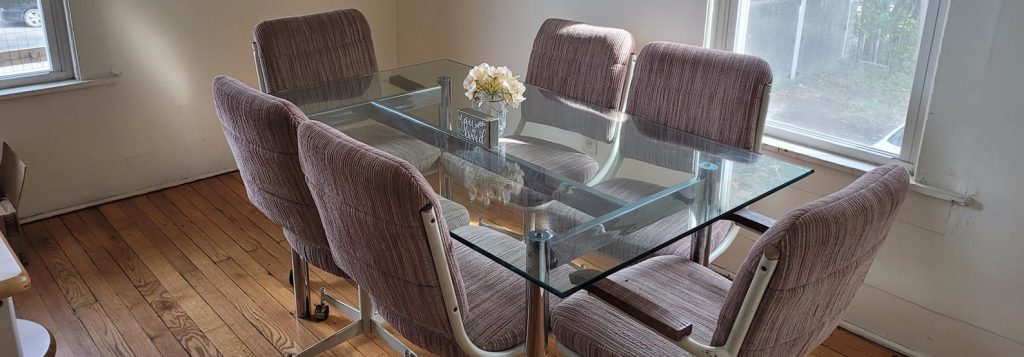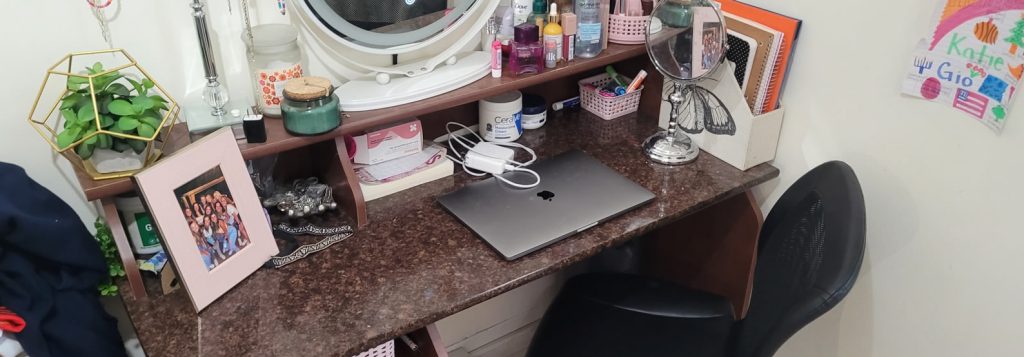Typically, the life of a college student can be considered to be care-free. Most students are single, few have children to care for or a family to provide for or property other than maybe a car. Many are in the very beginning stages of becoming more independent. A full-time student’s primary focus is on attending classes, studying and getting good grades. Second to that is likely the social interactions with other students and engagement in activities and with groups that encompass their interests. Some students take on a part time job for some kind of income during their college years, but otherwise, financial well-being is not necessarily on the list of priorities. This becomes more important as a student gets closer to graduation. While not many students start out thinking about their credit score, it is something that comes into play as graduation nears – as students begin thinking of the next phase of their lives.
Building a credit score as a college student can be a challenge as there is no existing credit history – so funders don’t have any idea of your ability to be responsible with your finances and may therefore be more reluctant to extend credit. That being said, there are things that can be done to start building that credit history and end up with a great credit score to start out with once you graduate.
Consider getting a secured credit card from your bank.
This may be one of the best ways to begin building great credit. Start with a visit to your bank to speak with an account representative and ask if they can provide a secured credit card account for you with a low credit limit of around $200. The way this works is similar to a Certificate of Deposit. You pay $200 into the account for a one year period of time as a security deposit. That $200 should earn some interest for you over the course of the year. The credit card that you are able to use would have a credit limit of $200 – low enough to be manageable and to cover most incidental items during the course of a month. Each month, you would ideally pay your full balance for any charges that you made, just as you would any other credit card account. At the end of the year, you have established that you can be relied upon to make those monthly payments (in full and on time) and have begun to build a credit score in your name. When you close your account, you receive back your $200 security deposit along with any interest that has accrued during the time that the account was open.
Make a larger purchase and take advantage of the option to pay it off over time.
As a young adult, you may want to make a purchase for an item or items that might have a larger price tag. For example, if you decide to rent an apartment, you might decide that you want to purchase your own bed or a particular appliance that you can see yourself using beyond your college years. Often, a retailer will extend an option for you to pay an amount up front for the item with the balance to be made through monthly payments to the store or to a company they work with. Typically, the interest rates for these kinds of payment plans can be very low to nothing. When you opt for the payment plan, you commit to that monthly expense over the course of a year (sometimes more or less). When the item has been paid off (on time and in full), you have another step towards a great credit score.
Opt for a student credit card
During registration week at many colleges, there are often a good number of vendors who will provide applications for a Credit Card Accounts, particularly with students in mind. They may offer some kind of a promotional item if you sign up for an account. Students will often receive these offers in the mail as well. If you decide to apply for one of these, be sure to read all of the fine print in the credit agreements. Check with your own bank and ask if they have similar opportunities for you. If the account is handled responsibly – again with every payment on time and in full – then over the course of your college career, you can build a good starting credit score. Be careful of high credit limits on these cards. The last thing a student needs is to have the ability to charge a lot of money to a credit card and then have a problem paying it off or adding interest to that debt at a high rate. A good rule of thumb is to never charge more than what you can pay off in full at the end of the month.
Ask a parent to co-sign on a new account.
As a safety net, you can apply for a credit card account and ask a parent to co-sign. This takes the co-signer’s established credit score into account when assessing the student’s application. Since the account is in the student’s name, the activity on that account will go towards the student’s credit rating. The drawback with this is that if the student is not attentive to payments (on time and in full), then this can negatively impact the co-signer’s credit score.
Student loan payments
If a student has a federal student loan (FAFSA) that requires a student to make regular on-time payments (even if it is only on the interest on the loan), those payments are building a credit score for that student. The key for this (as with each of the other options) is to pay on or before the due date for each month’s balance.
Of all of these options, the one that is likely best for a student in the starting stages of managing their money is the secured credit card account. It helps build your credit and provides a way to earn a bit of interest at the same time. You might consider keeping that account or adding to it over time. Check with your bank to find out if there are other alternatives for higher interest as you become more adept at financial wellness.













